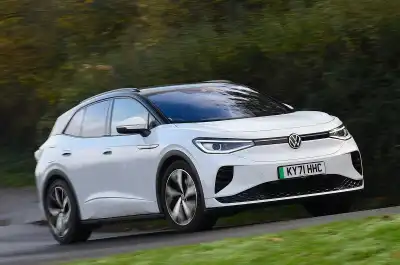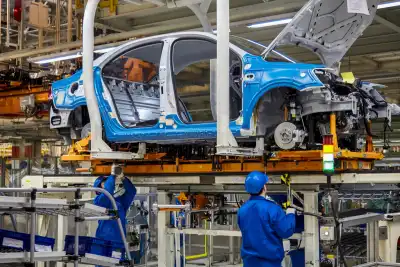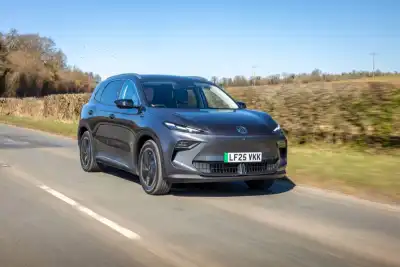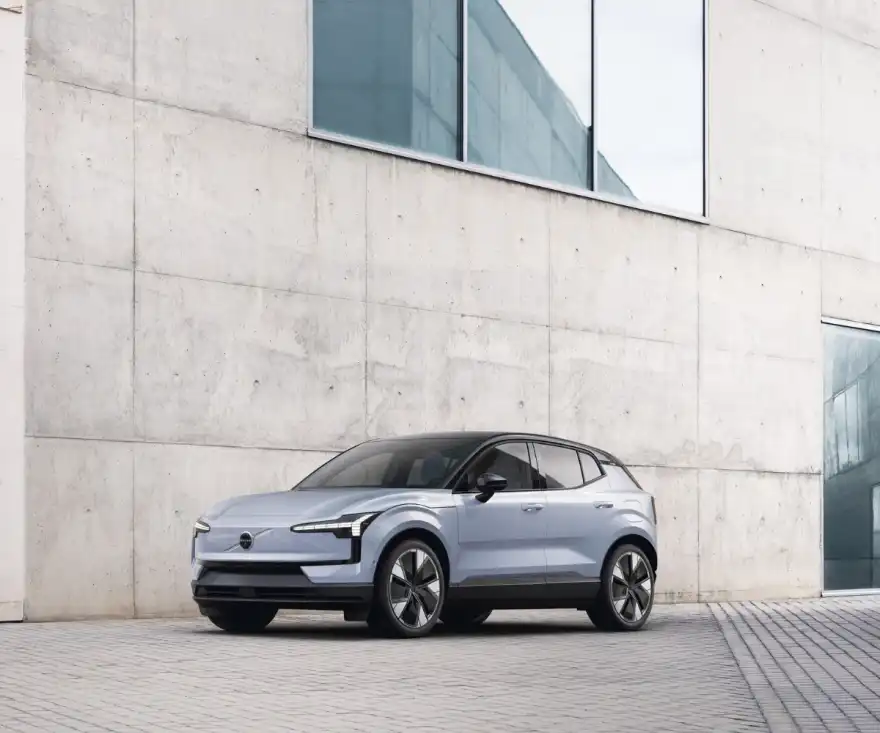
Car makers are starting to hit the brakes on their electric vehicle (EV) plans – and fast. While the future might still be electric, a growing list of big-name brands are stepping back from their original promises to ditch petrol and diesel entirely. Why? EV sales have slowed, charging infrastructure still isn’t great, and governments are flip-flopping on support.
Since the start of 2024, more and more car companies have pushed back their EV targets or softened their all-electric goals. Basically, it’s becoming clear that the industry's original deadlines might’ve been a bit too optimistic.
So, who’s changing their tune – and when can we now expect them to go fully electric?
Mercedes-Benz
Original goal: All-electric by 2030 (if the market allowed)
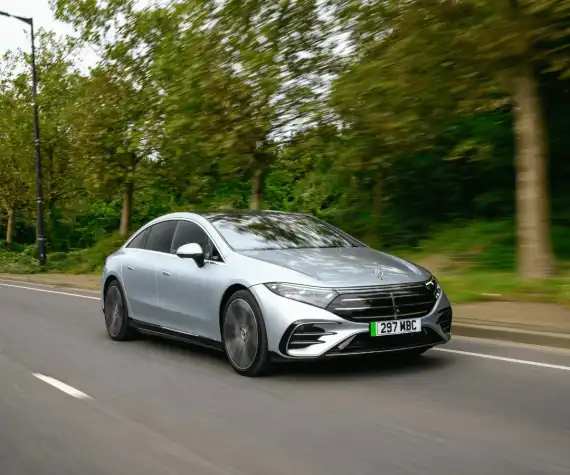
Mercedes is the latest brand to rethink its electric-only plans. Instead of going fully EV by 2030, it’s now planning to keep petrol and hybrid cars on sale for longer.
CEO Ola Källenius called it a “course correction”, admitting EV sales have been slower than expected – Mercedes’ own EV sales dropped 23% last year. The brand now says it's smarter to offer both combustion and electric power for the foreseeable future.
Volvo
Original goal: Electric-only by 2030
Volvo promised to go fully electric by the end of the decade, but that's now been watered down. They’re still pushing hard on EVs, but will allow a few mild hybrid models to stick around longer – just in case.
They’ve blamed slow charging rollout, less government support in some markets, and tariffs for the change in direction. But they’re still committed to going green – just not as fast as originally planned.
Audi
Original goal: Stop building petrol and diesel cars by 2033
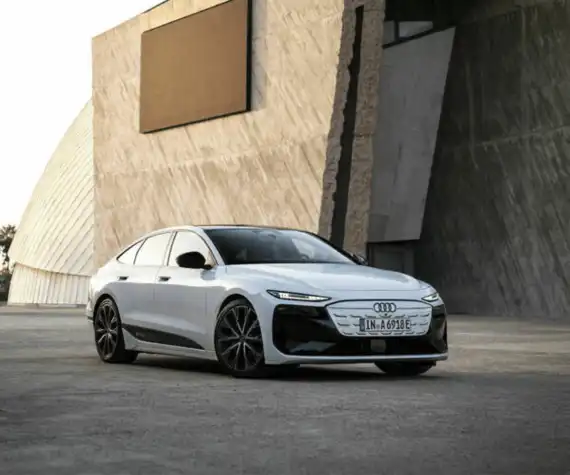
Audi’s also hit the brakes. It was meant to stop developing combustion engines in 2033, but now the plan is to stay flexible depending on how each market develops.
The next-gen Q7 was supposed to be the last ICE model, but Audi now hints that petrol and diesel cars could last well into the next decade. Less than 10% of Audi’s global sales last year were electric, so it's clear buyers aren’t making the switch as quickly as hoped.
Porsche
Original goal: 80% of sales to be electric by 2030
In July 2024, Porsche admitted its EV timeline needs adjusting. Sales haven’t taken off as expected, especially in Europe and the US.
The brand will still sell petrol versions of the Cayenne SUV beyond 2030, and the 80% EV goal will now only happen if customer demand catches up. For now, Porsche says it’s all about running a “double strategy” – electric and petrol side by side.
Ford
Original goal: All-electric in Europe by 2030
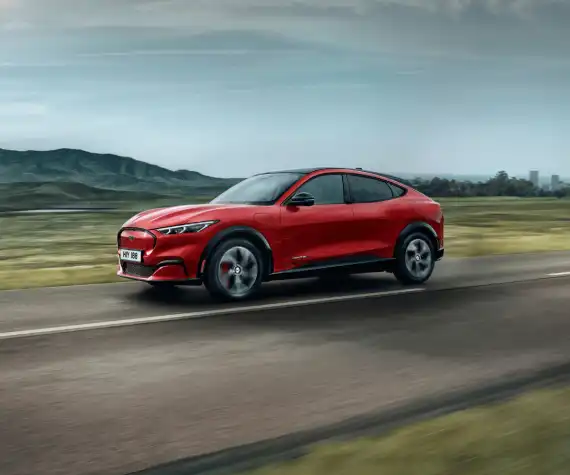
Ford was one of the most ambitious brands when it came to EVs, especially in Europe. But in 2024, it stepped back and said its 2030 goal was “too ambitious”.
A top exec said customers just aren’t ready for an EV-only line-up, and new regulations make things more complicated. Bottom line? Ford will take a more cautious approach going forward.
Aston Martin
Original goal: No official date, but aimed for its first EV in 2026
Aston Martin has pushed back the launch of its first all-electric car again – now aiming for late in the decade.
Instead, they’re focusing on the Valhalla, a hybrid supercar. The brand says it still plans to go electric between 2035 and 2040, in line with Europe’s petrol and diesel ban, but the timeline is clearly getting fuzzier.
Bentley
Original goal: Go fully electric by 2030
Bentley announced in late 2024 that it’s pushing its electric plans back five years to 2035. The brand blames poor EV demand and weak charging infrastructure.
And there’s more: Bentley’s first EV, originally rumoured to be a sleek grand tourer, will now be a larger SUV – another big pivot in its EV gameplan.
Lamborghini
Original goal: None officially, but EV launch delayed
Lambo is also slowing down. It’s now planning to launch its first electric model – the Lanzador – in 2029 instead of 2028.
CEO Stephan Winkelmann said customers in the luxury segment just aren’t ready for EVs yet. For now, Lamborghini will keep building traditional V8s and V12s well into the 2030s.
Alfa Romeo
Original goal: Electric-only by 2027
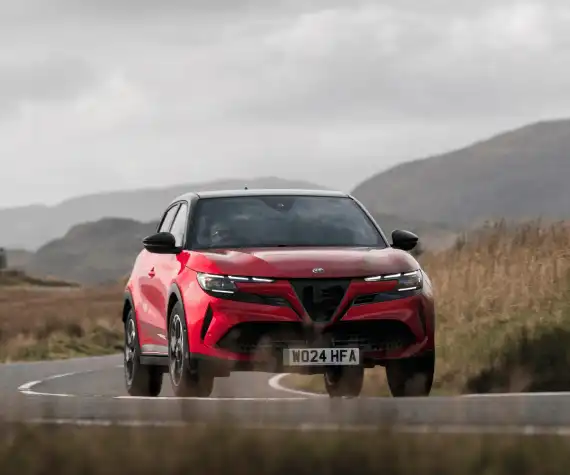
Alfa Romeo had plans to be EV-only by 2027, but that’s no longer happening. The brand says sticking only with EVs would be tough for US dealers.
Instead, it’s moving to a “multi-energy” strategy, keeping options open with a mix of petrol, hybrid, and electric models.
Lotus
Original goal: Fully electric by 2028
Lotus has ditched its 2028 all-electric deadline. The brand is now developing a new “Super Hybrid” setup that mixes a turbo petrol engine with ultra-fast charging tech.
It’s a clear pivot towards hybrids after noticing EV sales aren’t growing as fast as expected. Lotus will still sell its all-electric Eletre and Emeya models but won’t be going EV-only anytime soon.
Still on the fence...
Some brands haven’t officially delayed plans, but they’re showing signs of doubt.
BMW has paused a £600m investment in its Mini factory because of slow EV demand. CEO Oliver Zipse has even said the EU’s 2035 petrol ban might be “unrealistic”.
Renault also seems unsure. Its former CEO said earlier this year that EV sales weren’t going the right way and called for “more flexibility” in the transition.
So, what does this mean?
While most car makers still believe the future will be electric, it’s becoming clear that we’re not getting there as fast as they first promised.
Sales aren’t where they need to be. The charging network isn’t ready. And in a post-pandemic world of higher costs and cautious buyers, flexibility is becoming the new buzzword.
So if you’re not quite ready to plug in yet – don’t worry. Petrol power isn’t going anywhere just yet.

